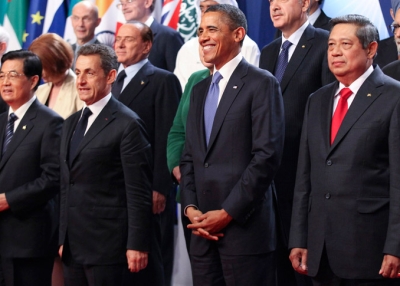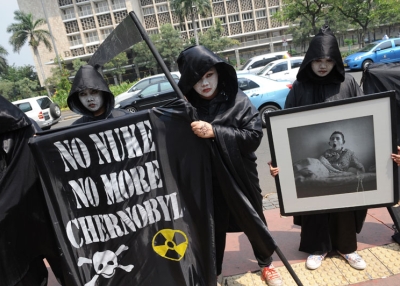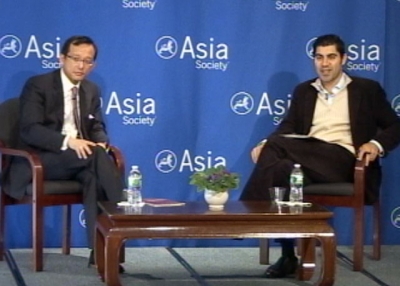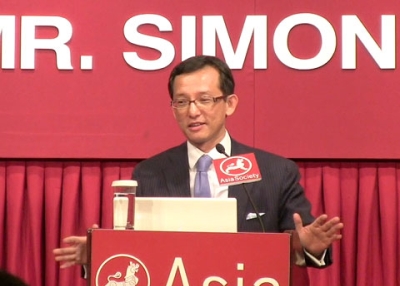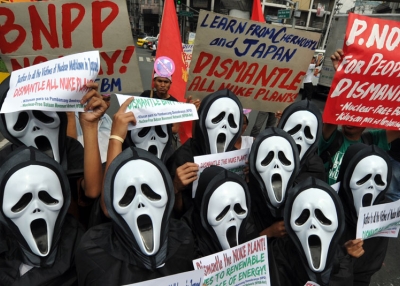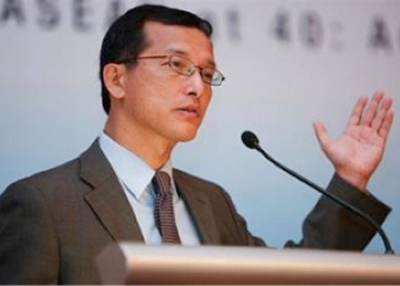Simon Tay

Simon S.C. Tay is Co-Chair of the Asia Society Global Council Co-Chair, Chairman of the Singapore Institute of International Affairs, and a law professor at the National University of Singapore. He served as a 2009 Bernard Schwartz Fellow, focusing on issues related to US-Asia relations, climate change and the environment in Asia, and political and economic changes in ASEAN and East Asian countries. From 2002 to 2008, he served as chairman of Singapore's National Environment Agency, the country's major agency for environmental protection and public health.
In Fall 2003, Mr. Tay was a visiting professor at Harvard Law School and the Fletcher School of International Law and Diplomacy. He was selected for three terms as a Nominated Member of the Singapore Parliament (1997–2001) and has led public consultations on Singapore in the 21st century, the national concept plan, and the Singapore Green Plan 2012. In 2006, he received the Public Service Medal (Pingat Bakti Masyarakat, PBM), a Singaporean National Day award.
Mr. Tay was a Fulbright scholar (1993-94) at Harvard Law School, where he won the Laylin Prize for the best thesis in international law. In 2000, the World Economic Forum (Davos) named him a "global leader of tomorrow," and in 2002, he was awarded an Eisenhower Fellowship, one of Singapore’s first non-governmental recipients of that award.
Mr. Tay holds an LL.B Hons from the National University of Singapore and LL.M from Harvard University.


